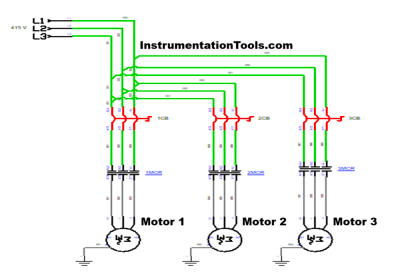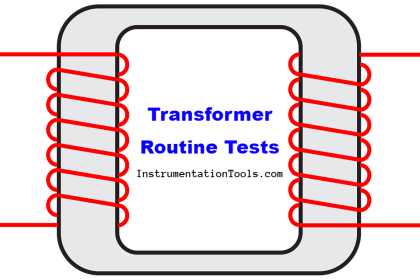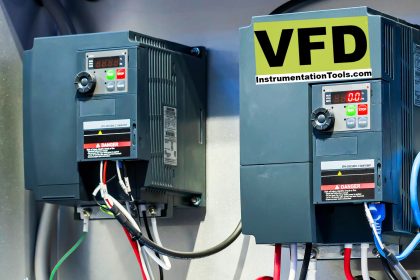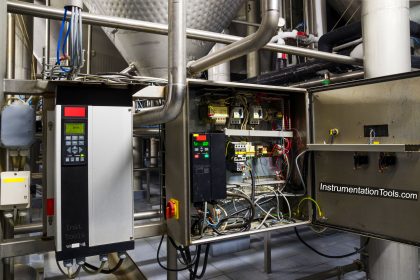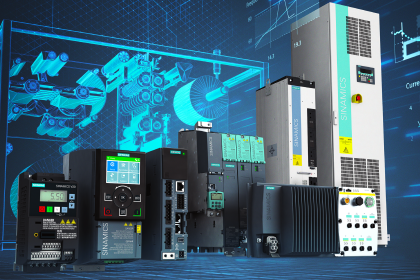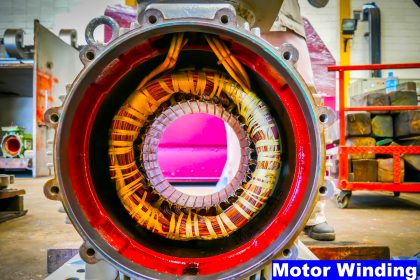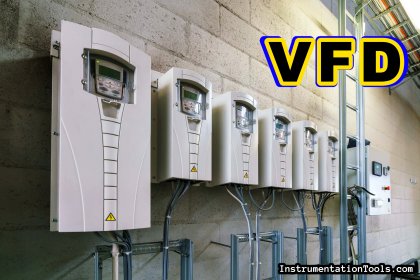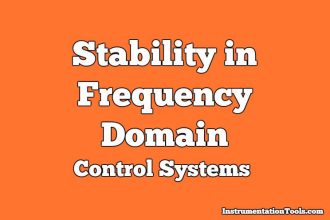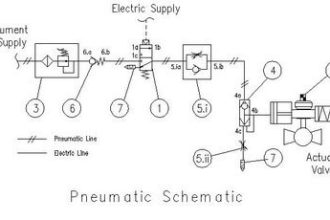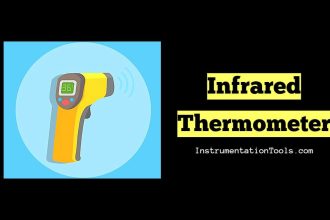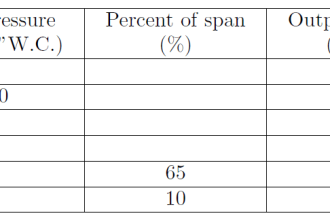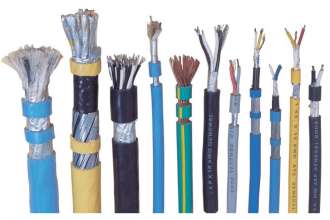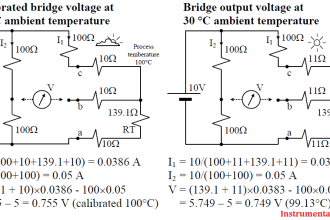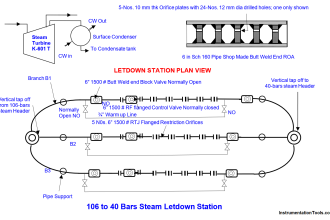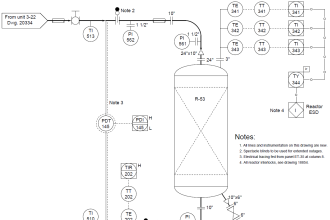In a 3-phase system the alternators or generators may be star connected or delta connected. Likewise 3-phase loads may be star connected or delta connected. Some of the advantages of star and delta cconnected systems are listed below
Star Connection:
- In a star connection, phase voltage Vph = VL/ (3)1/2. Since the induced emf in the primary winding of an alternator is directly proportional to the number of turns, a star connected alternator will require less number of turns than a delta connected alternator for the same voltage.
- For the same line voltage, a star connected alternator requires less insulation than a delta connected alternator. Due to the above reasons three phase alternators are generally star connected.
- In star connection, we get 3-phase and 4-wire system. This permits the use of two voltages (phase voltages as well as line voltages). Single phase loads can be connected between any one lie and neutral wire while the 3-phase loads can be put across the three lines. Such a flexibility is not available in delta connection
- In star connection, the neutral point can be earthed. Such a measure offers many advantages. For example, in case of line to earth fault (L-G fault), the insulators have to bear 1/31/2 (57.7%) times the line voltage. Earthing of neutral also permits the use of protective devices (relays) to protect the system in the case of ground faults
Delta Connection:
- This type of connection is most suitable for rotatory conveyers
- Most of the three phase loads are delta connected than star connected. One reason for this, atleast for the case of unbalanced load, is the flexibility with which loads may be added or removed on a single phase. This is difficult to do with star connected 3-wire load
- Most of the 3-phase induction motors are delta connected

